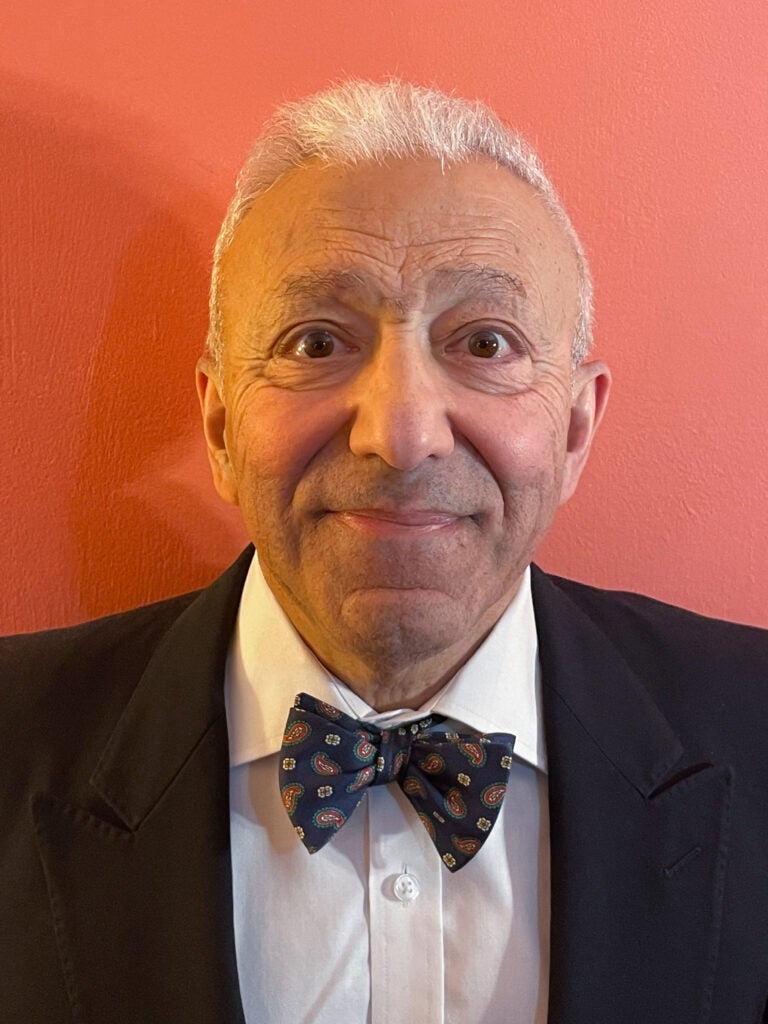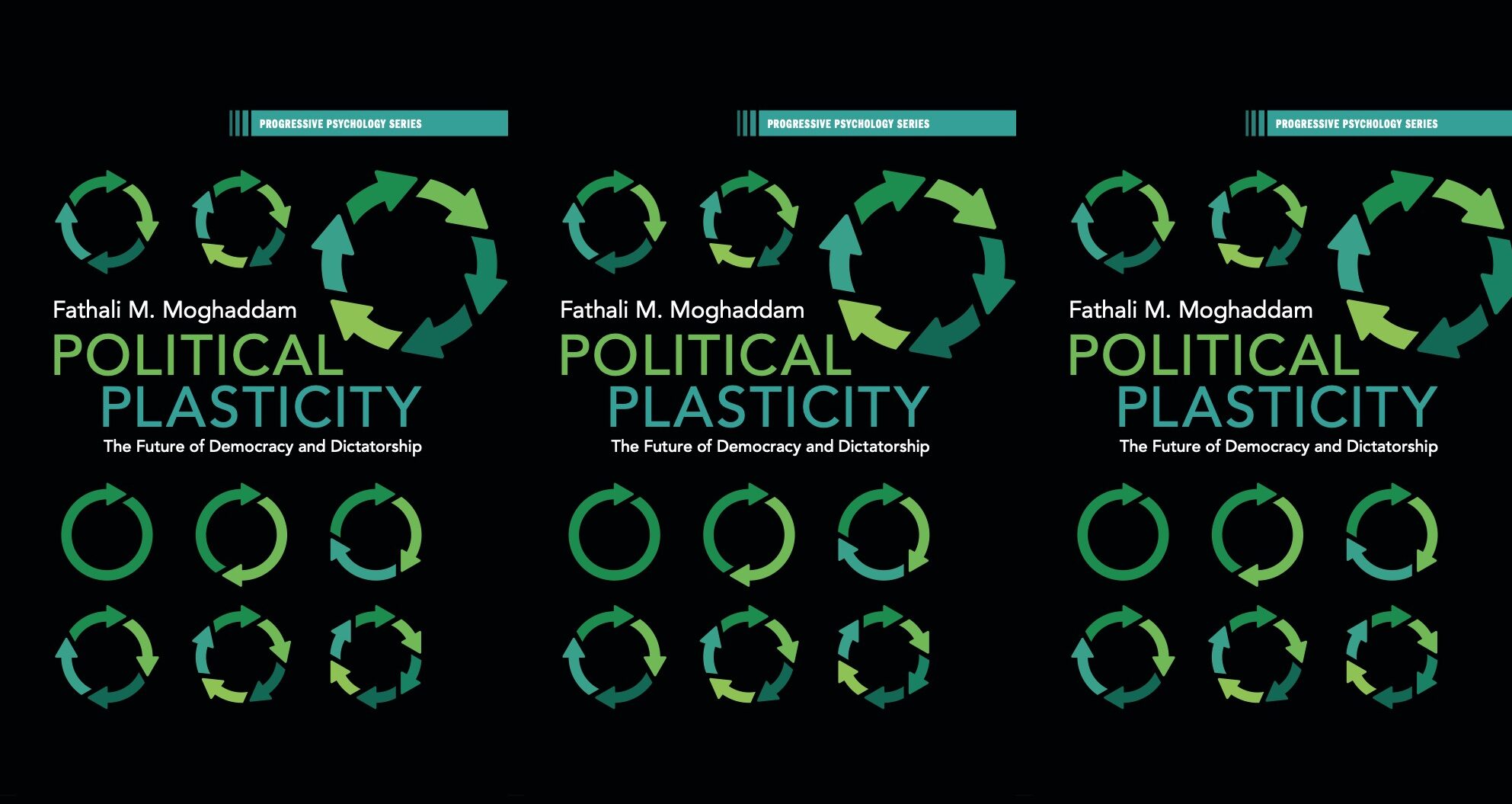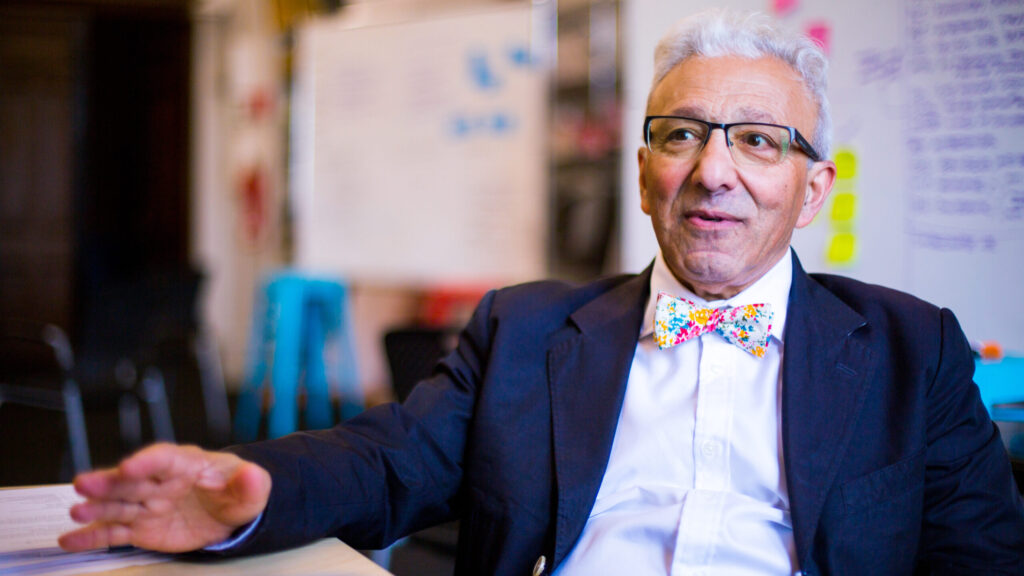History Hasn’t Changed as Much as You Think, According to Fathali Moghaddam
In Fathali Moghaddam’s new book, Political Plasticity, he argues that political systems change far less than we might think. When political scientists and historians focus on the changes between regimes and eras, Moghaddam says, they lose sight of the overwhelming continuity in political and human history.

Prof. Fathali Moghaddam
“Political Plasticity is about how fast and in what ways political behavior can – and can’t – change,” said Moghaddam, a professor in the Department of Psychology. “There’s a range, from types of political behavior that can change over very long time periods and political behavior that changes quickly.”
In Moghaddam’s home country of Iran, the consequence of the 1979 revolution are still readily apparent.
“Both personal experiences and objective research led me to recognize that a lot of the changes that come about through revolutions are only surface-level, magnified by the rhetoric and propaganda of revolutionaries,” Moghaddam said. “At a deeper level, important continuities in political behavior persist across revolutions. This insight about continuity across revolutions led me to explore continuities in political behavior more broadly.”
Despite the drastic social and economic changes enacted after the revolution, Moghaddam argues that there was a continuity of governance style between Shah Mohammad Reza Pahlavi and Ayatollah Ruhollah Khomeini.
“On the surface, it appears that the two leaders could not have been more different,” Moghaddam writes in Political Plasticity. “But at a deeper level, the shah and ayatollah represent an important continuity in leadership style… absolute power in the hands of a single male dictator.”
As an academic, Moghaddam has researched the psychological underpinnings of this plasticity, how and when politics can change at the individual level. External factors, like income and social class, are essential to understanding interior decision-making, Moghaddam argues. To enact real, lasting change, everyone from ordinary people to policymakers must be aware of how this plasticity impacts political systems.
Political Plasticity is the second book in the Cambridge University Press book series Progressive Psychology, which is edited by Moghaddam. The first book, How Psychologists Failed, was also penned by Moghaddam and published last year.
Related News
- Tagged
- Books
- Faculty
- Psychology


